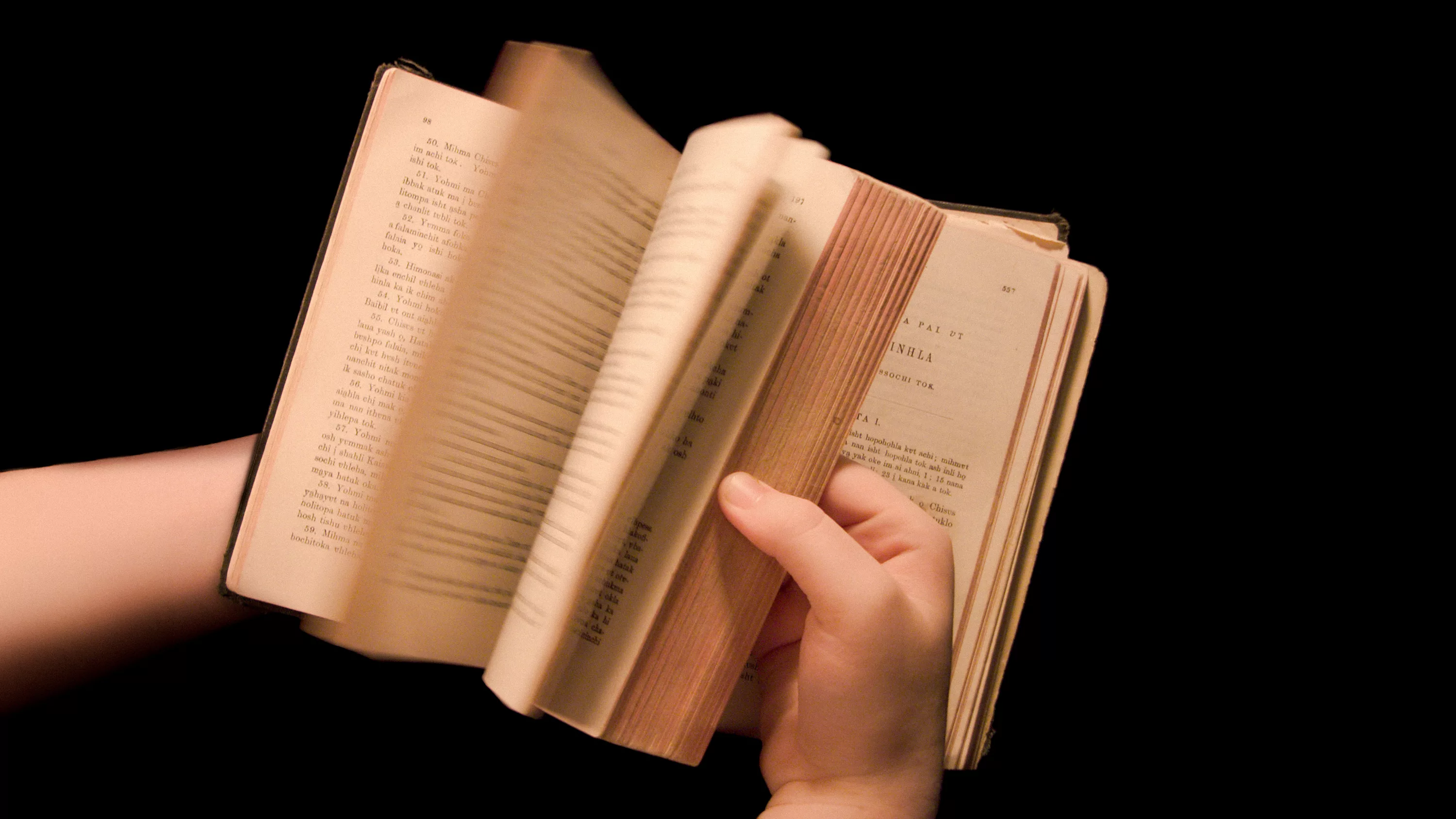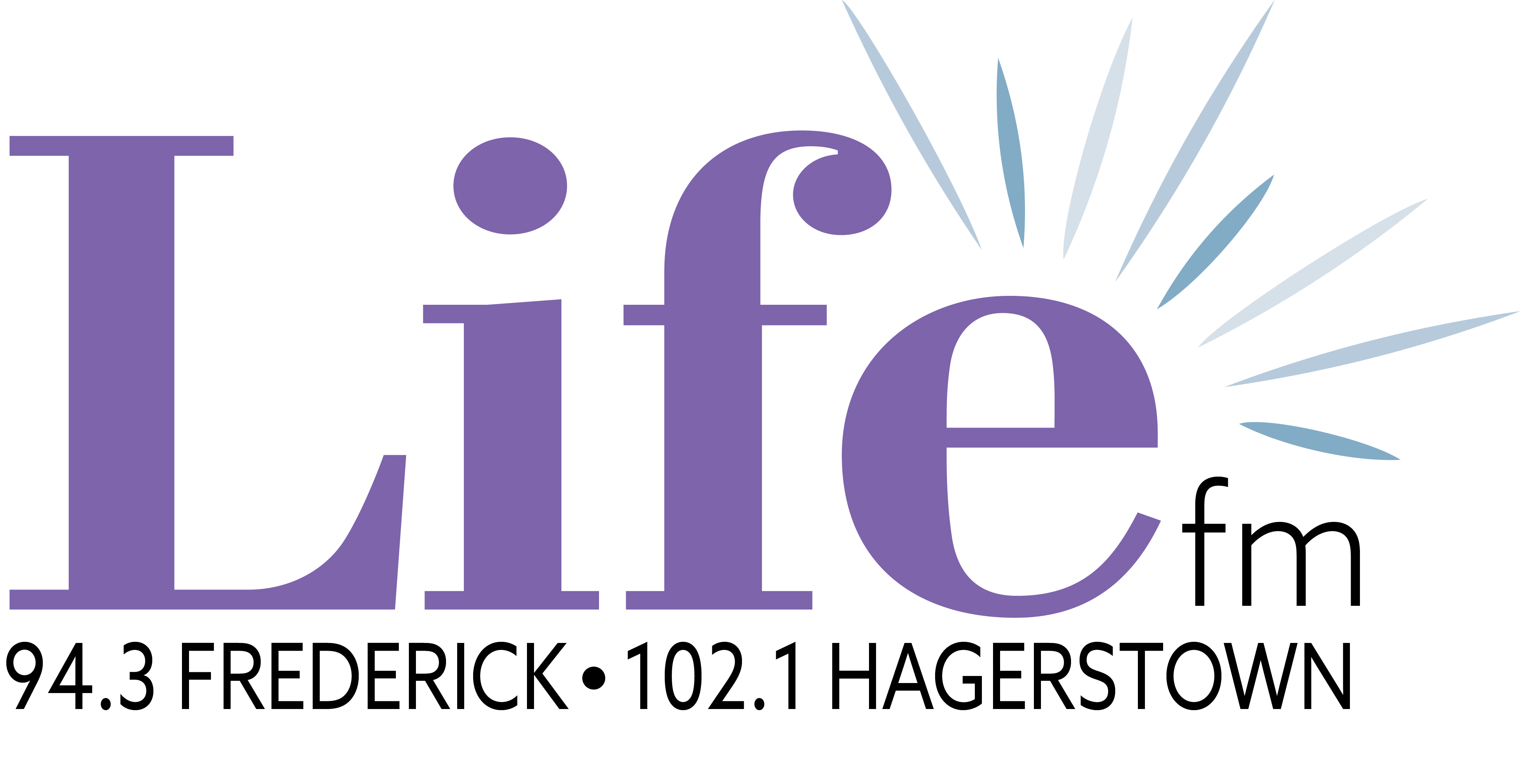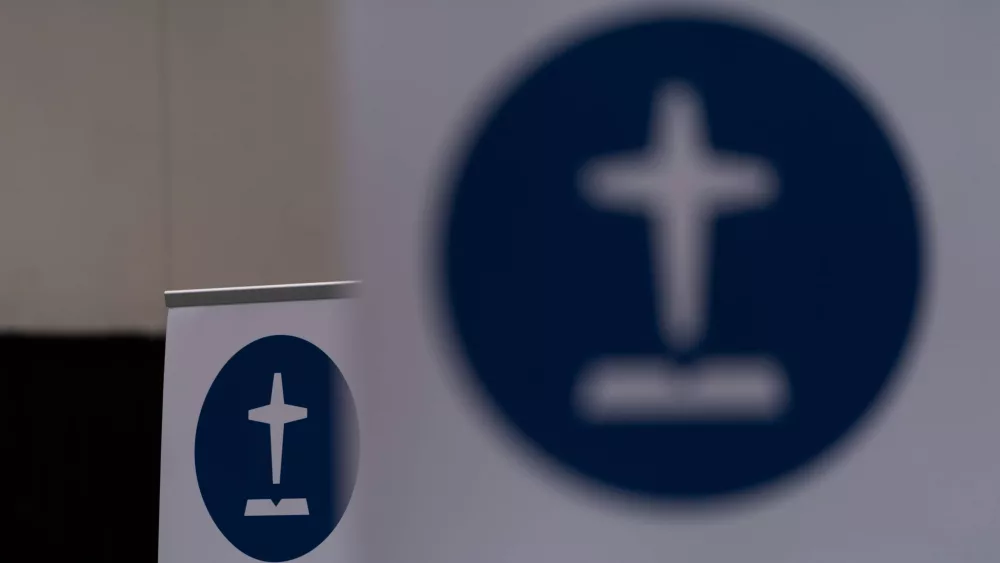
Translation and digitization projects are seeking to revitalize the Indigenous language.
Kenny Wallace doesn’t have a lot of people to talk to in Choctaw.
But he does have a Bible app with a new translation of Scripture in the Indigenous language that his ancestors spoke. And it has an audio sync feature that allows him to listen to the words aloud, to hear how they sound.
“Sometimes, that’s the only Choctaw voice I ever hear,” Wallace told CT. “Not only is it feeding my soul, but it’s actually feeding me culturally as well.”
Wallace, an African American Choctaw Pawnee, said his family was cut off from their Indigenous heritage by racism and geographic distance. He officially started the journey to reclaim his heritage in 2008, beginning with language. To know where he came from, he knew he wanted to understand Choctaw.
He started by getting an old Bible translated in the 1800s and learning words from it. But when Wallace, a teacher and worship pastor who lives in Canada, started interacting with other Choctaw speakers, he learned he’d picked up some peculiar vocabulary—old religious words, a little out of date.
Then he found a new version started by the Choctaw Bible Translation Committee. It came with an app, which had the audio sync feature that allowed him to listen to Scripture as his ancestors might have heard it.
“The app has been such a blessing for me,” he said. “Language is probably the largest carrier of culture.”
The Choctaw Bible translation project is still in progress. So far, portions of Matthew, Mark, and Luke have been translated, along with 2 Corinthians, the three epistles of John, and a few of the shorter Old Testament books, including Amos and Jonah.
“The heart of a culture is in its language,” said T. Christopher …

